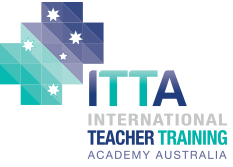LLN Testing for Graduating Teachers
Should graduating teachers be required to undergo a literacy and numeracy test to ensure they meet the required standard? This question was posed in The Australian newspaper, Feb 27 2014. (see article below) The question was relating to graduate teachers but in light of the national


